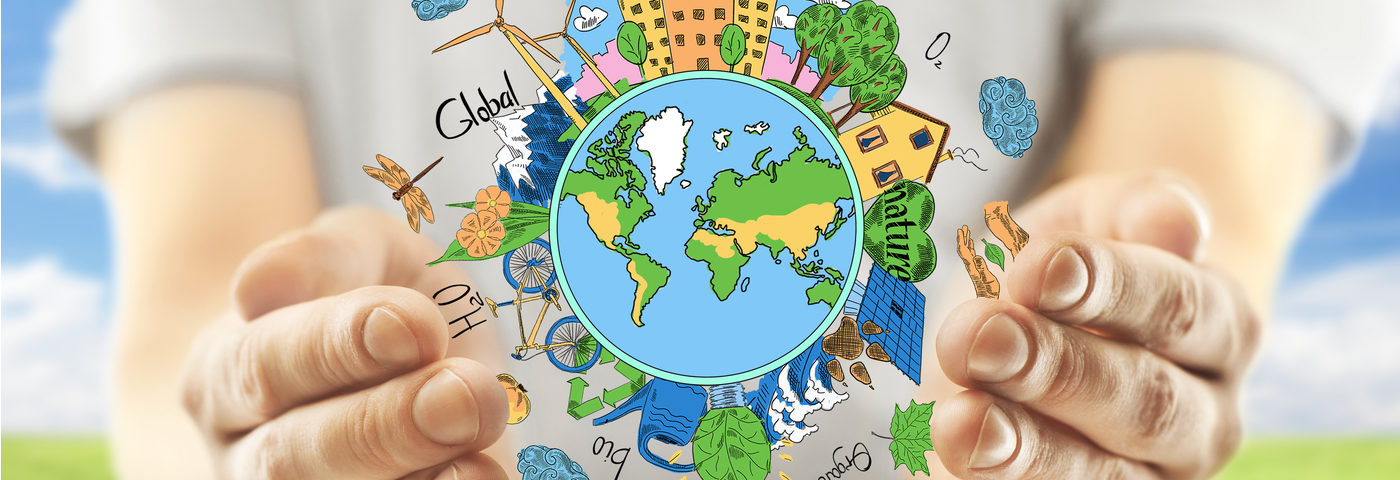*by Gustavo Pinto
We’re gradually getting over the initial shock of unprecedented proportions that this moment has brought us – especially after COVID-19 was classified as a global pandemic. As the dust settles a little more light is beginning to reappear and we can feel a world unknown to our sector: a world without travel and without tourism. Well, at least without conventional “travel” and “tourism”, as various initiatives are already available to us for “travelling” without leaving our homes that stem from the creativity of restless minds and the demand of a world with social distancing.
Some expectations have already been created: when travel resumes, under what guise will it reappear and on what scale, and how far will travellers go? Many people are already speculating that regional tourism will become stronger, while many others believe that confinement will make us go back to being globetrotters faster than might be expected. On the side of those destinations we love so much, that gave us our profession and that are the main object of our sector, we are seeing surprising images of the return of a kind of natural ‘breathing space’: from the deserted beaches of Rio de Janeiro to the historic site of Macchu Picchu, now being seen as they were rediscovered just over a century ago.
Destinations, tourism professionals and travellers: we’re no longer the same, and something ‘raw’ is in the air, so the reinvention of travel after such a crisis has something of ‘shiva’ about it – from destruction to renewal. Renewal for a more sustainable industry has always been a banner carried by WTM, and because it believes in this it has maintained its responsible tourism programme for years.
Our sector grew more than the global economic average over recent years and forced us to expand our operations, create new products and adopt innovation (that was driven by instant advances in new technologies) while the “car was moving” – and moving fast! Now that the brakes of the car have been abruptly applied, we have the opportunity to re-create and innovate with a sustainable development goal in mind.
Greener travel, a more local supply chain, investing in employee qualifications, investing in conserving the cultural heritage of the destinations where we operate and the social inclusion of minorities: we must take as much responsibility as we possibly can. The important thing, however, is that we take advantage of this opportunity to recreate ourselves in a more responsible fashion. No, we’ll not be “saving the world”, nor do we have that responsibility. But if together and individually we can do something for a more sustainable recovery we’ll find the world will be better prepared for any future scenarios of uncertainty.
After all, taking responsibility is preparing for tourism to become a strategy for transforming lives for the better: whether your responsibility is as a professional working in the area, as a community that receives us in the destination, or as a traveller, regardless of those external scenarios over which we have no control. We invite you to reflect on the following: how can we turn destinations into better places to live in and visit – in that order?
Stay strong; this will all pass. Tell us how your company is going to be reinvented. We’ll meet again in October during WTM Latin America!
The opinions expressed in this text are the author’s opinion and do not necessarily reflect the position of WTM Latin America.


